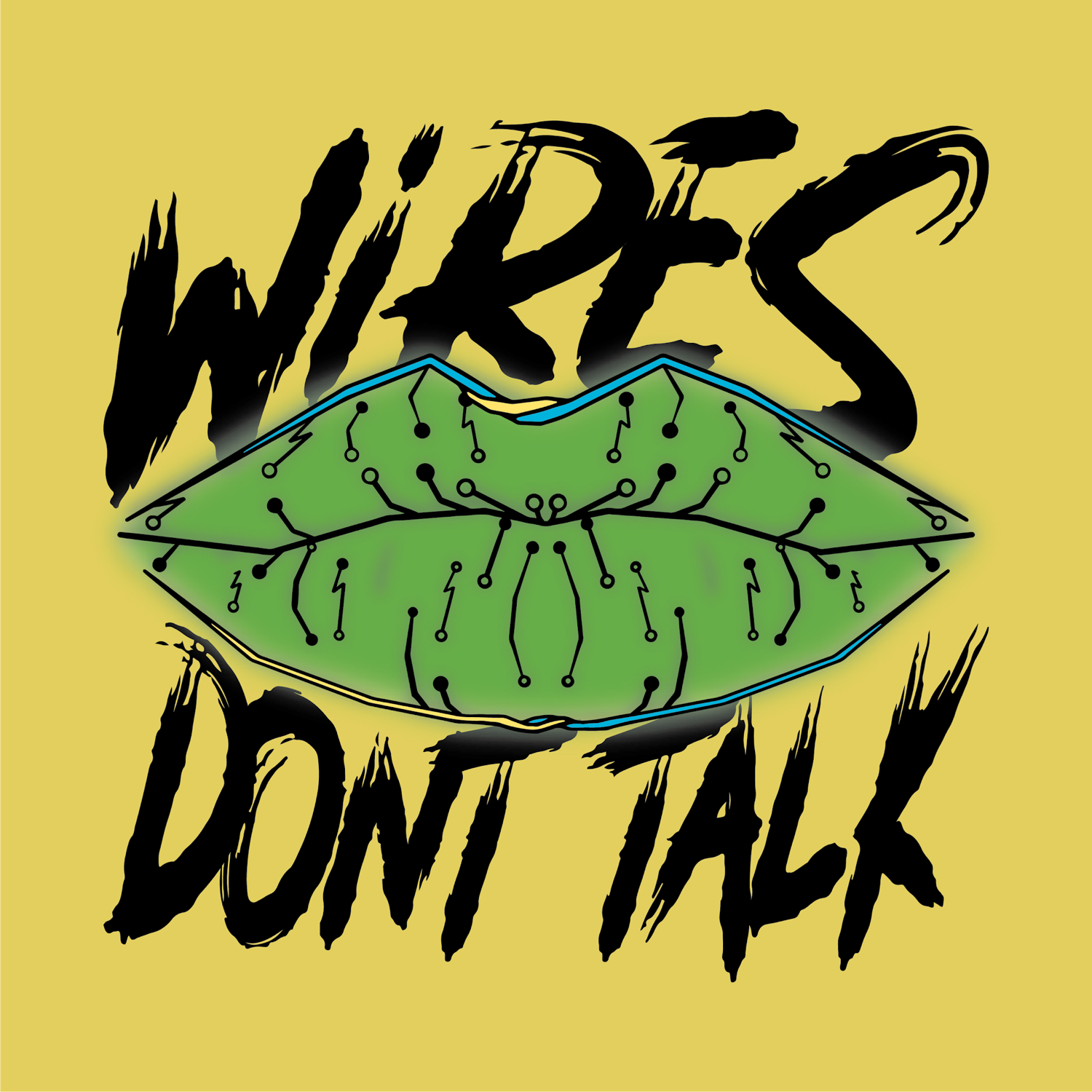You Don’t Need to Erase Who You Were
- wiresdonttalktheba
- Nov 2
- 4 min read
Watch the video!
Do you ever feel ambushed by your own past?
You’re living your present life — and suddenly an old version of you surfaces with all its fears, rules, and wounds. It’s uncomfortable. Sometimes it’s confusing. But it’s also meaningful.
That is exactly what Only Yesterday explores.
Taeko, a 27-year-old office worker, takes a quiet trip to the countryside. And on that trip, her ten-year-old self keeps interrupting her adult life. At first it feels like nostalgia — but it’s not nostalgia.
It’s identity knocking on the door.
Watching her confront that earlier self made something click for me:
growth becomes visible only when we return to the places and people who still remember who we used to be.
I realized this recently when I returned to my hometown.
When the past follows you anyway
On the train to the countryside, the further Taeko gets from the city, the closer her fifth-grade self becomes. She even says:
“I didn’t intend to bring my fifth-grade self on this trip.”
And yet — the memories come anyway.
Because the past doesn’t show up to haunt us.
It shows up to be integrated.
When I went back to my old hometown theater, I felt that same thing. As a teenager, that place felt charged with tension: rumors of fights, drama, danger. None of it was real, but I believed it anyway. I walked around braced, hyper-alert, tense.
And when I stepped inside as an adult?
I realized the threat was never outside me.
It was always inside me.
The moments that shape our permission
Childhood memories in Only Yesterday aren’t presented as cute nostalgia. Taeko remembers:
pineapple dismissed and mocked
humiliation over fractions
being told she “wasn’t normal”
losing her chance to act in a play because her parents couldn’t imagine her doing it
Her parents weren’t villains — they were simply trapped inside their own limits.
But Taeko didn’t just remember those events.She absorbed the message behind them.
Those moments shaped what she believed she was allowed to want. Allowed to express. Allowed to dream.
As a father now, that hits hard.
I don’t need to be perfect. I just want to be conscious enough that my daughter doesn’t inherit my blind spots.
Being accepted by others isn’t the same as accepting yourself
At the farm, Taeko is welcomed instantly. These people don’t know her history — they respond to who she is now.
But her ten-year-old self still leaks through:the doubtsthe apologizingthe smallness
Through telling her childhood stories aloud, in a safe place, something begins to shift. The past is no longer hidden. It becomes heard — and integrated.
I felt the same thing when I saw old friends after visiting my hometown. I spoke passionately about the things I’m learning now — and then instantly apologized, as if I were still the old anxious version of myself.
They already accept who I am now.
I was the one still carrying the old version.
That discomfort doesn’t come from others remembering who you were — it comes from you not yet making peace with who you were.
The boy in class and the moment everything becomes clear
There’s a childhood moment that perfectly captures the film’s heart.
Taeko remembers a boy who sat next to her — dirty, loud, uncomfortable to deal with. When he left the school, he shook every classmate’s hand… except hers. She assumed he hated her.
Years later, she remembers seeing him being abused by his father — trying to hold himself together.
Suddenly she understands:
It was never rejection. It was pain.
And she doesn’t just forgive him.
She forgives herself — for not understanding what she could not possibly have known at that age.
This is what adult consciousness can do:
You don’t change the past — you change your relationship to it.
The ending — and the part people miss
The ending of Only Yesterday isn’t about whether Taeko chooses one life path or another. The power isn’t in the plot.
It’s in her being free enough to choose at all.
The memories stop feeling like interruptions because she stops resisting them. She lets them exist. She lets them teach her. She forgives the younger version of herself — and then lets her rest.
And in my own life, I’m learning the same thing.
My friends don’t still see me as who I used to be.
I was the one still holding onto that story.
Peace isn’t when the past finally understands you. Peace is when you no longer need it to.
The real lesson
Only Yesterday is not a film about childhood.
It is about the adult finally turning toward their younger self with compassion instead of shame.
You don’t return to the past to live in it — you return so you can walk forward as someone new.
When I stood in that old theater, I didn’t erase who I was back then. I didn’t need to.
I walked in as a different man — and for the first time, I could carry my past without fear… just gratitude.
That is what freedom actually is: not escaping the past, but no longer being ruled by it.
And maybe that’s where you are now too.
You don’t have to be fully healed to move forward. You just have to stop dragging the old self like a weight.








Comments